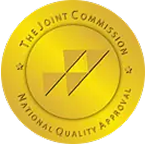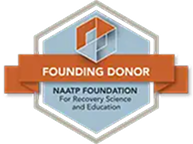Realistic Recovery Resolutions

Each year as December slides into January, we begin making lists of all the things we want to change or “do better” in the New Year. Exercise more. Eat less. Stop smoking. Be nicer. All noble goals laid out with the best intentions, but so often left by the wayside by February 1.
For those in recovery, this list of resolutions can be even more harsh and demanding. Don’t even think about taking a drink. Go to a meeting every day. Don’t associate with anyone from my “old life”. While all based on the desire to make solid, healthy lifestyle choices, the nuance is lost in the severe self-talk of ultimatums.
Instead, we can approach these “resolutions” as long-term life goals instead of a running check-list of dos and don’ts.
1) Occupy your time. If you’re employed, a 40-hour work week will most likely take-up the majority of your waking hours. But if not, research causes that you care about and volunteer with charities or other non-profit organizations. Who knows—that volunteer gig could turn into a job opportunity! Take a continuing education class at your local community college. Read to kids at the library. Pretty soon you’ll find that you’re doing more than just taking up time.
2) Train your brain (while training your body.) Think of exercise as a brain game; a way to decompress and release stress. Allow your mind to focus on physical exertion and forget all of the junk rattling around in your head. Exercising releases endorphins, natural feel good chemicals, which elevate your mood in a safe and healthy way. And killer biceps are a nice side-effect.
3) Don’t go it alone. Go to meetings. Incorporate them into your schedule so that attending is easy and second nature. Connect with folks from your Twelve-Step group to form a healthy social group; people that you know from the start are of like mind and can help keep you accountable in social situations. And definitely get plugged in with a professional mental health care provider.
4) Be kind to yourself. Give yourself grace. So you missed a meeting or forgot to read to the kids at the library. It’s OK. One bad day, or even a really crummy week, does not mean that you’re failing at recovery. It means you’re human. So be kind to yourself. Put on your favorite pair of sweatpants and make a big bowl of mac-n-cheese. You’ll make it to that meeting tomorrow.






